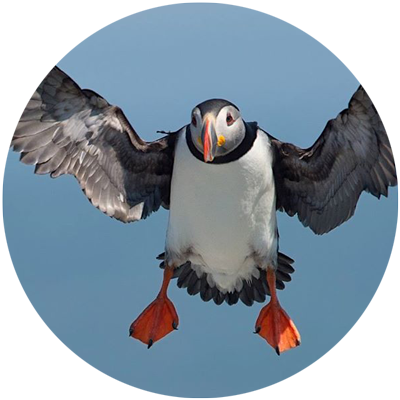Home > Climate News >
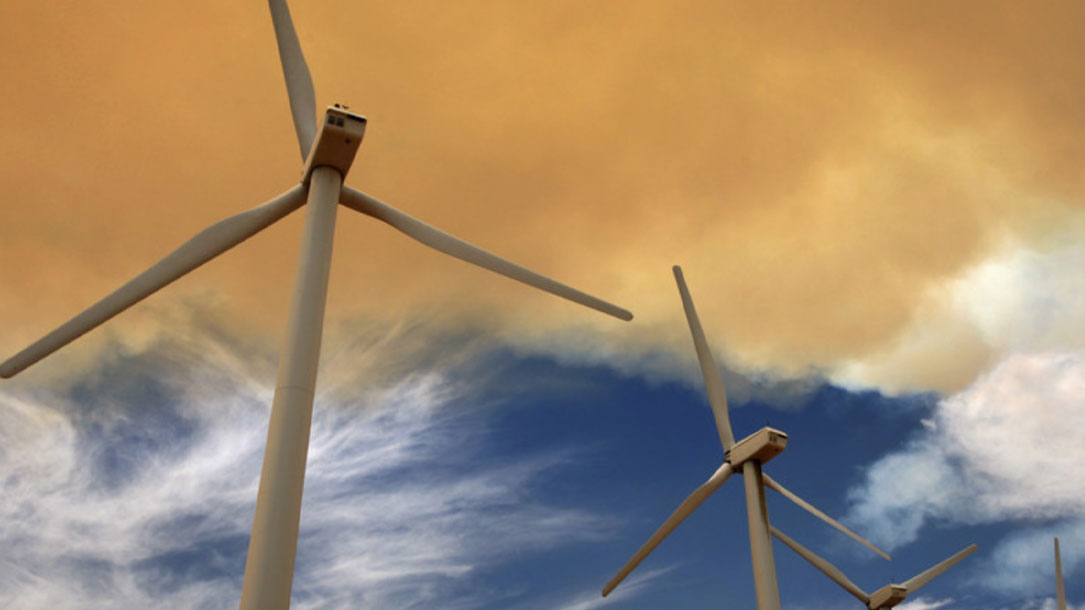
How to talk about climate change: 5 tips from the front lines
“Greenhouse gas emissions need to decrease fast if we are to have any chance of keeping global temperature rises below dangerous levels, and it is hard to see how this will happen without greater, and more urgent, engagement with society.
We need more people talking about climate change more often, because we need to break out of the current climate echo chamber.
However, many people feel under-equipped to do this. If that is you, these five tips may help you over this barrier. They are the result of both my own experience, and lessons from behavioural experts…”
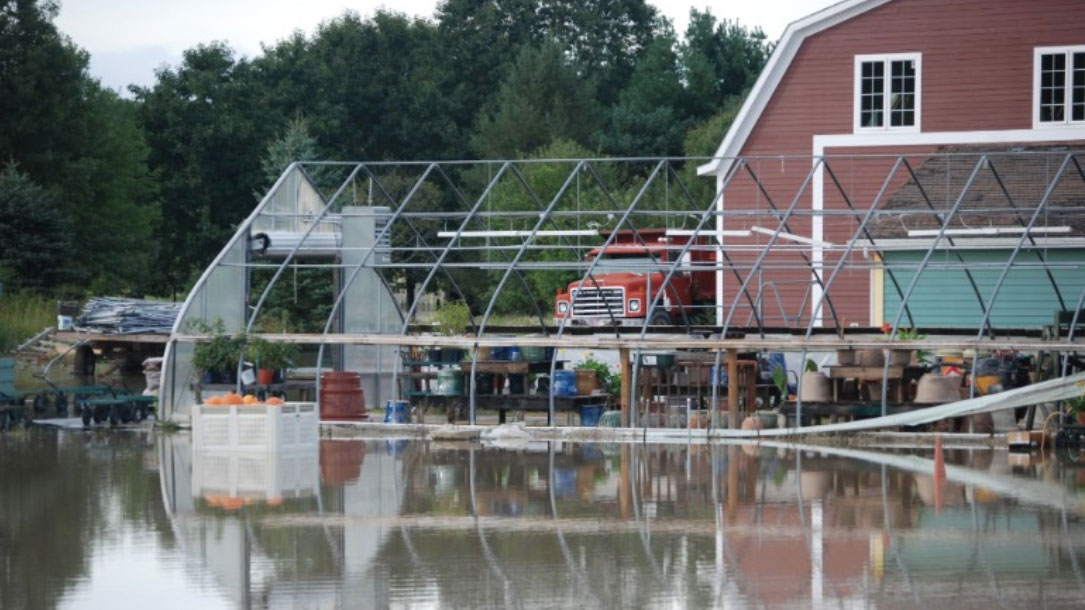
Addressing climate grief makes you a badass, not a snowflake
With the fires, floods, extreme storms and loss of life, climate grief is real and there are ways to cope. Students are grappling with this too. “Direct engagement with today’s biggest challenges is, nevertheless, the path many of today’s students are choosing to follow. That doesn’t make them snowflakes. It makes them badasses…”
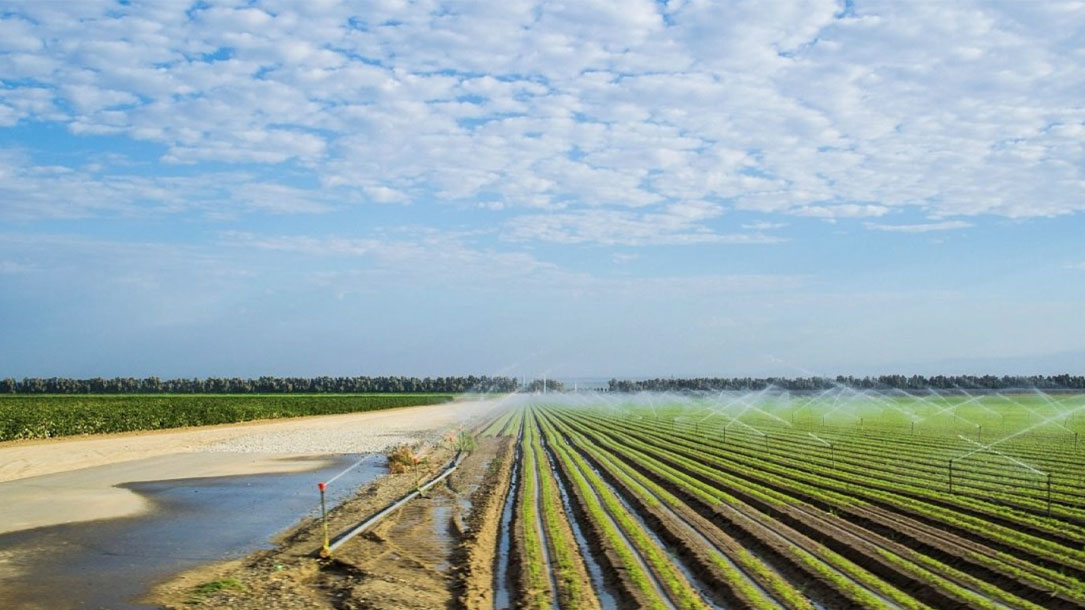
Tips for land trusts to communicate about climate change
The Land Trust Alliance, a national land trust service center, provides tips and examples on how land trusts are stepping up to meet community members where they are and help empower them to take action on climate change.
As land trusts recognize the growing threat of species extinction, rise of invasives, loss of agricultural viability, and serious impacts on health and local economies, many are helping folks connect the dots in a way that matters to them.
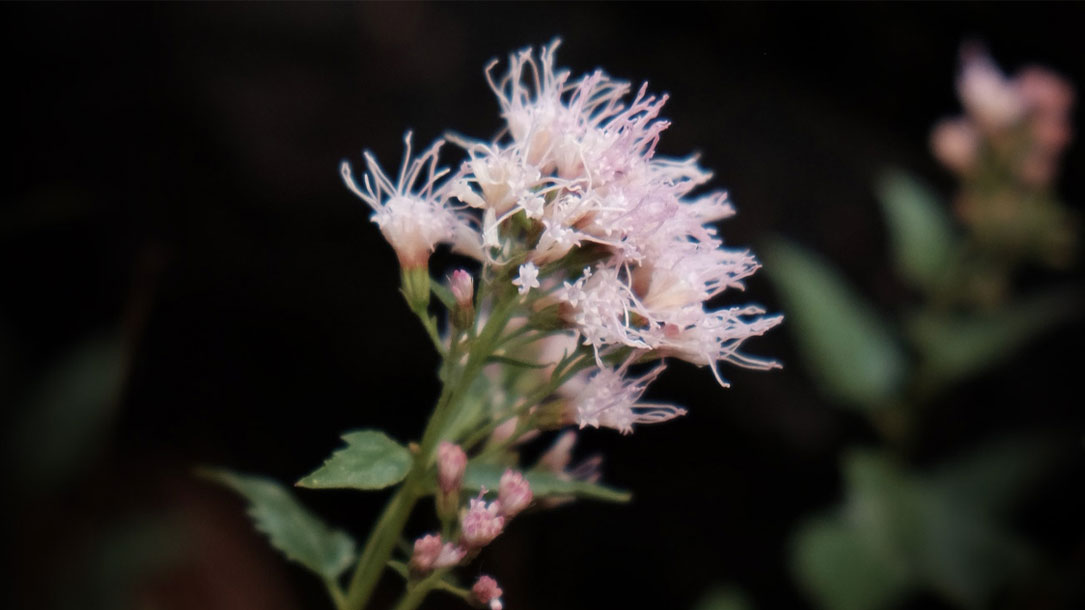
Contribute to Science
Every observation can contribute to biodiversity science, from the rarest butterfly to the most common backyard weed. We share your findings with scientific data repositories like the Global Biodiversity Information Facility to help scientists find and use your data. All you have to do is observe.
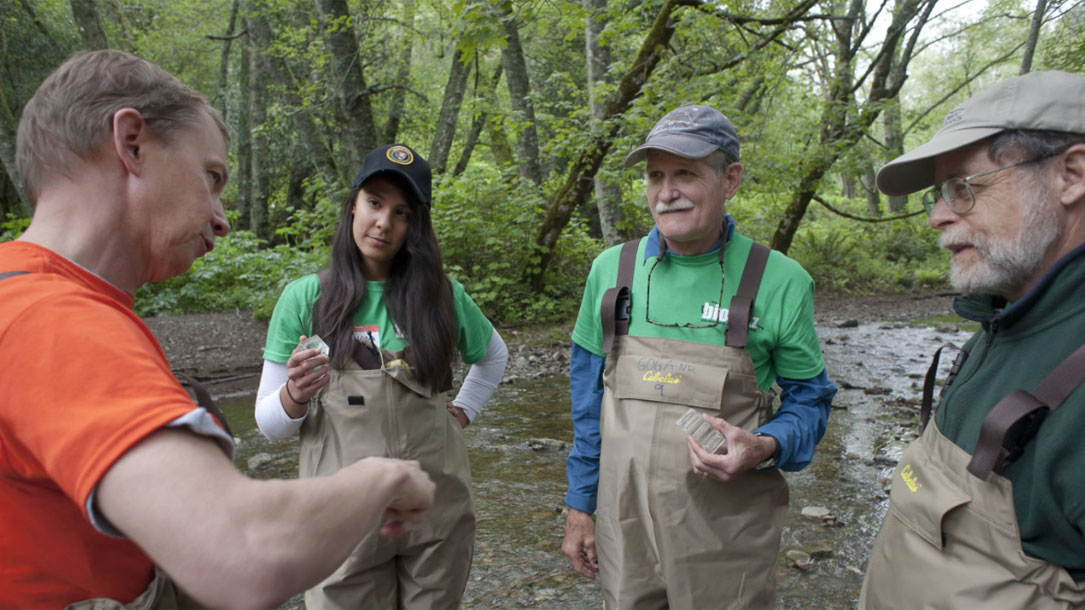
Citizen science programs, iNaturalist app, makes climate change real
Through its citizen science programs, Redwood Watch and Fern Watch, the Save The Redwoods League (a land trust in California) works with community members to help study where redwood forest plants and animals live throughout the redwood range, and track changes in the forest over time, including climate impact.
The land trust has a variety of programs centered around climate change research and uses iNaturalist to help with community plant identification. Check out the fern watch program…
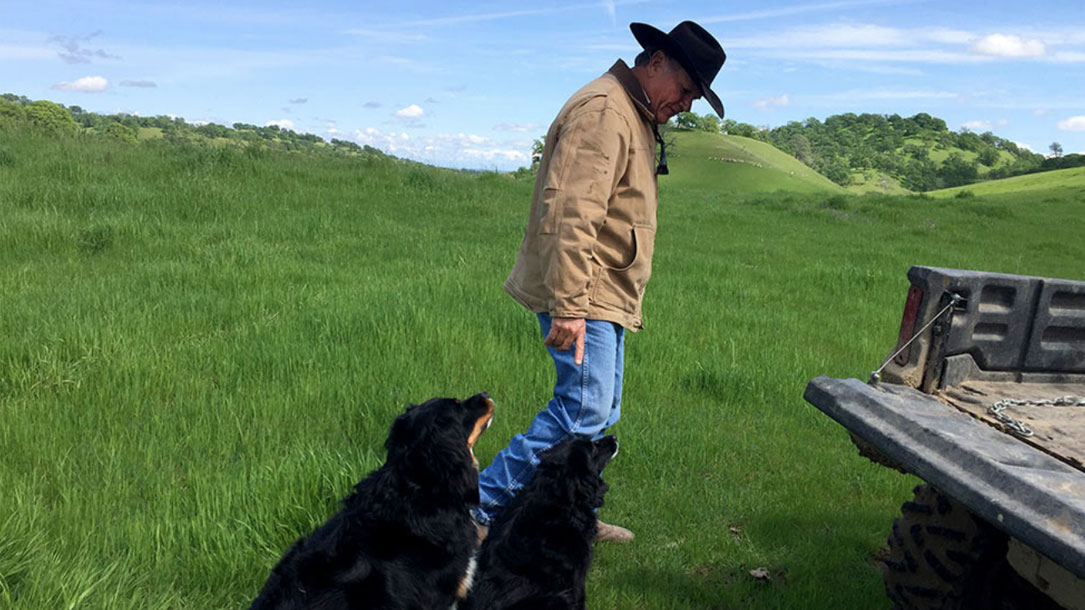
A climate change solution beneath our feet
The roots run deep for Scott Stone at Yolo Land & Cattle Company outside Winters, California. His late father, Hank Stone, bought the 7,500-acre ranch about 40 years ago, and it’s now owned and operated by Scott and his brother Casey.
Stone is as much a natural resources manager as a rancher, with a protective eye on the ranch’s watersheds, trees, pasture and grass-fed cattle, and a genuine desire to leave the land better than he found it…
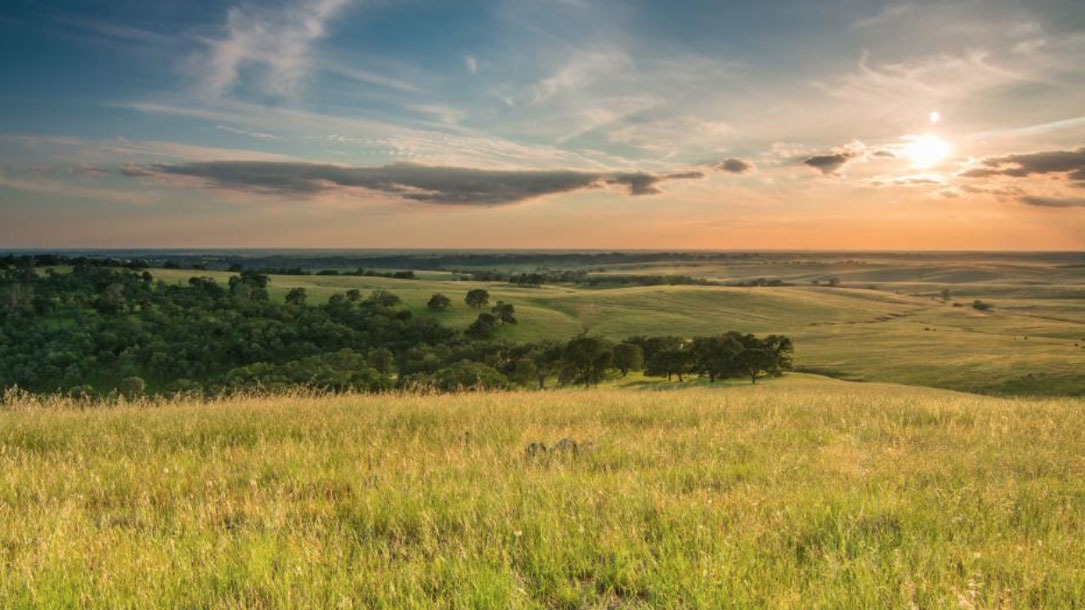
Grasslands more reliable carbon sink than trees
Unlike forests, grasslands sequester most of their carbon underground, while forests store it mostly in woody biomass and leaves. When wildfires cause trees to go up in flames, the burned carbon they formerly stored is released back to the atmosphere. When fire burns grasslands, however, the carbon fixed underground tends to stay in the roots and soil, making them more adaptive to climate change…
“In a stable climate, trees store more carbon than grasslands,” said co-author Houlton, director of the John Muir Institute of the Environment at UC Davis. “But in a vulnerable, warming, drought-likely future, we could lose some of the most productive carbon sinks on the planet… We really need to start thinking about the vulnerably of the ecosystem carbon, and use this information to de-risk our carbon investment and conservation strategies in the 21st century”…
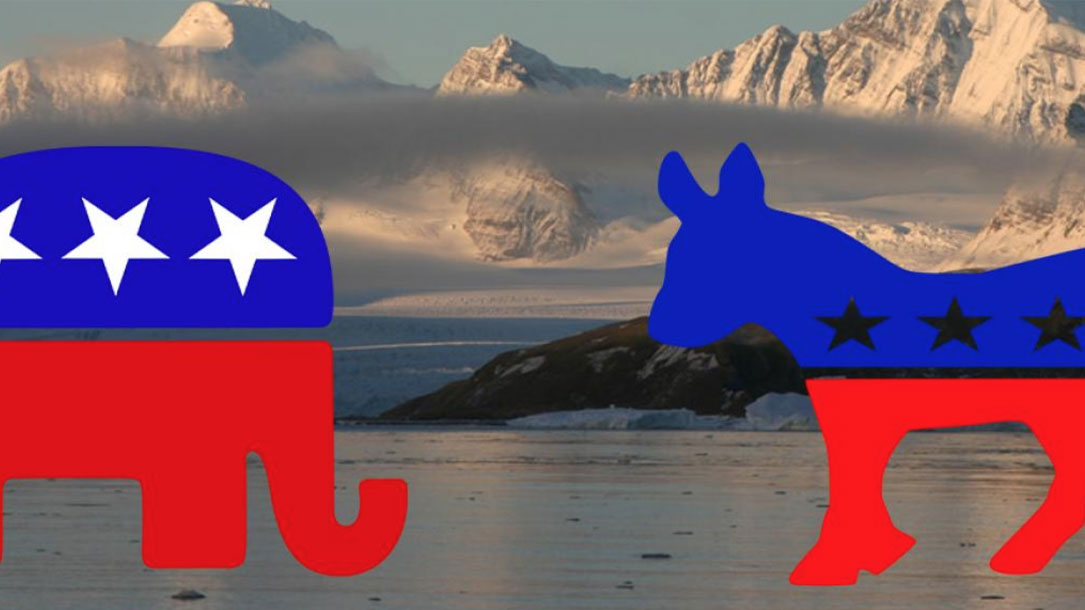
Dems, GOP agree more than they think on climate change
Just how far apart are Republicans and Democrats when it comes to views on climate change?
Not nearly as far as most assume, according to new University of Colorado Boulder research that surveyed more than 2,000 adults.
“Despite what we often hear about the deep divisions between parties, we found that there is actually general agreement that climate change is real, that human activity causes climate change, and that we should do something about it,” said Leaf Van Boven, a psychology and neuroscience professor at CU Boulder and lead author of the study, published today in Perspectives on Psychological Science…
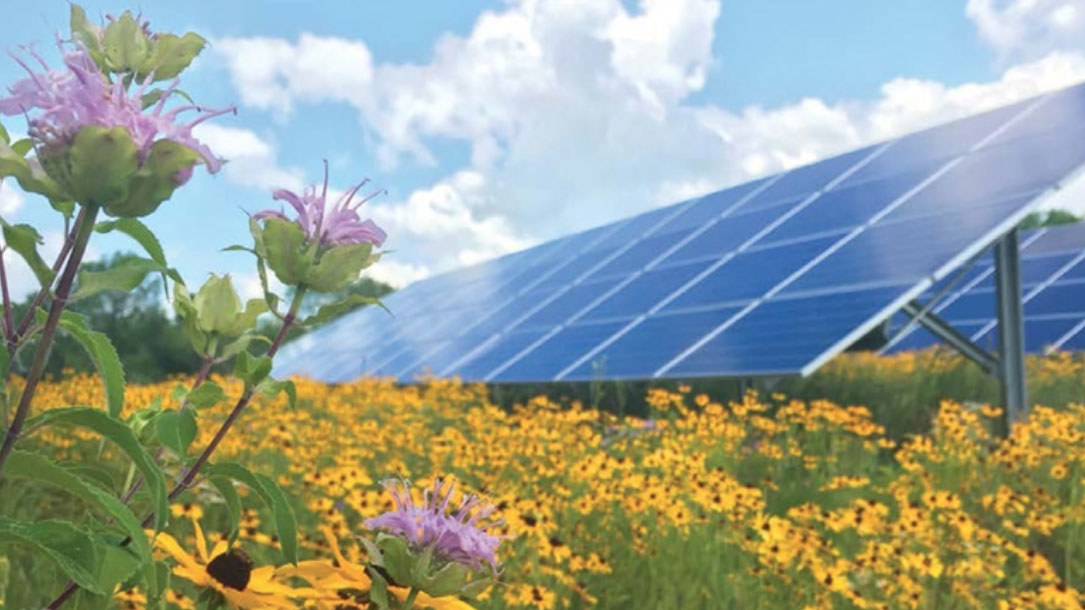
A regional land trust works to combat climate change with guidelines for building clean energy
Scenic Hudson has developed siting and design principles for renewable energy development to help stakeholders find common ground in a regional model for increased renewable energy development that also protects natural and economic resources:
- Prioritize development on previously disturbed areas
- Protect agricultural lands and promote co-location
- Protect natural beauty protect ecological resources
- Protect historic and cultural resources
- Maintain the purpose of conserved lands
- Avoid and minimize new transmission and distribution lines
- Use construction and operation best practices
- Promote sustainable renewable energy development through planning and zoning
Perhaps your land trust or community would find these guidelines helpful.
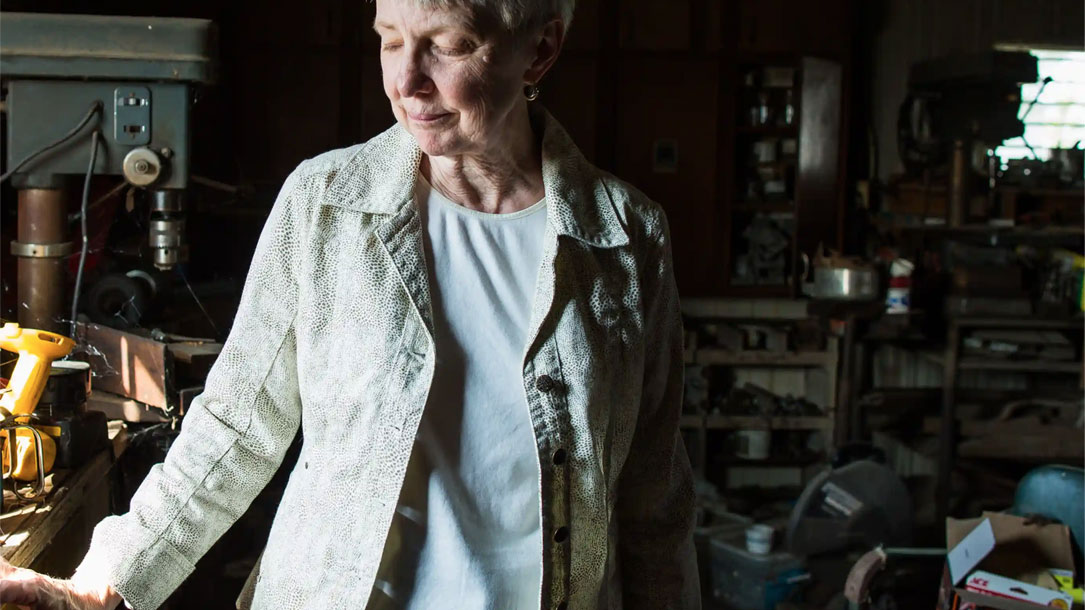
Why are America’s farmers killing themselves?
“It is dark in the workshop, but what light there is streams in patches through the windows. Cobwebs coat the wrenches, the cans of spray paint and the rungs of an old wooden chair where Matt Peters used to sit. A stereo plays country music, left on by the renter who now uses the shop…”



